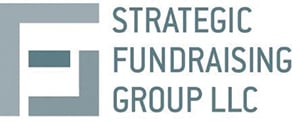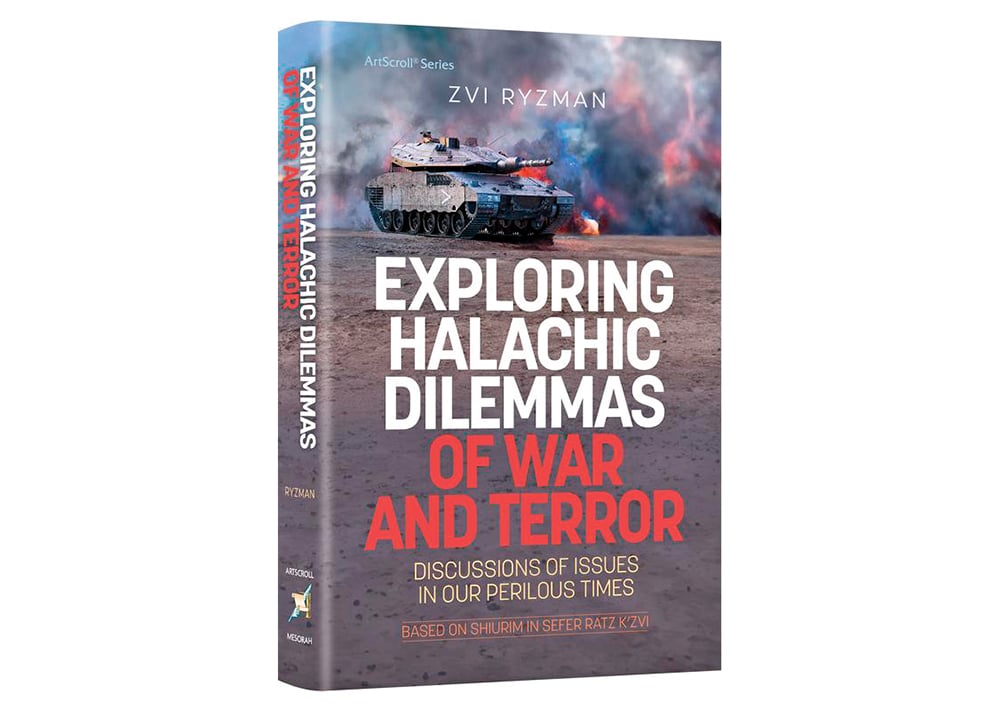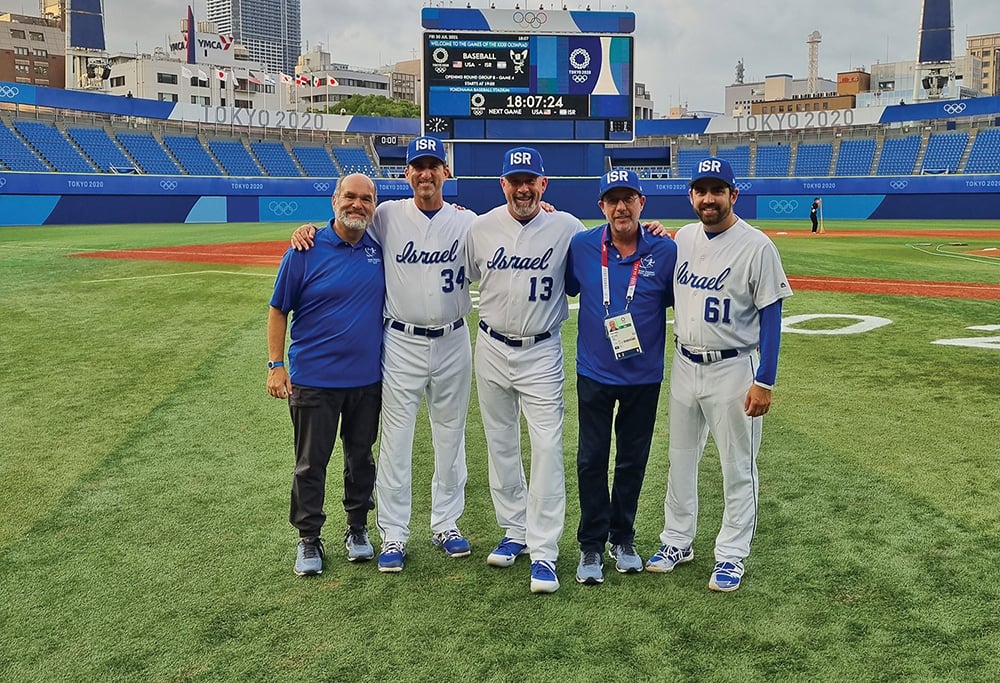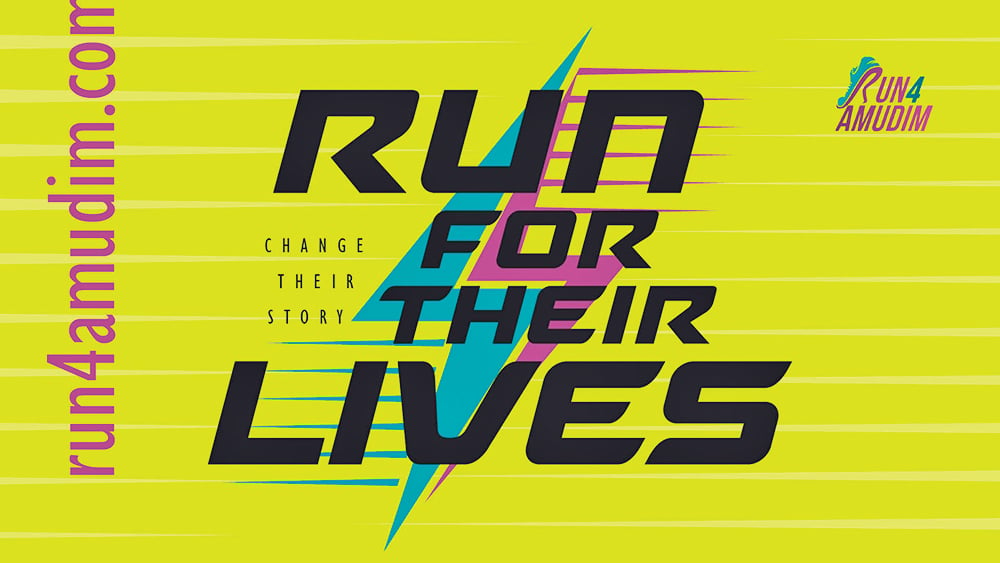
Entrepreneur magazine is one of my favorite publications because of the creative ideas the staff comes up with for entrepreneurs and franchisees. Jason Feifer is the editor, and I always find his editorials absorbing. The same holds true for his trailblazing essay in the December 2022 issue titled “What Will They Remember?” Fundraising wasn’t the subject of his commentary. But it had pressing relevance. According to his column, “We want to give people a lot of value, but they may appreciate us more if we give a little less.”
Based on Feifer’s column, I extrapolated the following. He accurately describes what many nonprofits do when they gain the attention of donors. As we enlighten our supporters, sometimes we try to pack as much information, facts, diagrams and illustrations into our presentations as possible. This is what he terms “Density Mode.” Feifer makes an excellent point. Consider: What if, no matter what, your audience will only remember one thing you said or did?
His point is well-taken. The way you approach a contributor might change dramatically if you consider his premise. That’s what I truly believe. Lesson: Don’t throw everything and the kitchen sink at a donor.
Feifer described the amount of detail that he and his fiancée had to deal with before their wedding. It was staggering. The couple asked themselves what they wanted invitees to remember about the nuptials. They chose their wedding vows and a surprise flash mob they arranged with friends. Afterward, these always stood out to the guests, and Feifer and his wife accomplished what they set out to do.
He then reflected on how this concept applied to his work. He asked: “… how can we put this idea to use? Simple: Instead of slamming people with stuff they won’t remember, carefully illuminate the one thing they will.”
The advice here could not be more appropriate in an age of fleeting sound bites, attention disorders as severe as any fly has ever had, social media message blitzes, and ad nauseam ads (see what I did there?). Nonprofits must understand that we have exhausted the public from the constant bombardment of news and the dizzying number of statistics we thrust on them. Now, more than ever, giving your donors one or two pertinent points to remember is imperative.
Early in my career, I felt obligated to provide donors with a great deal of information about my nonprofit. An honest mistake. Today’s truths were also true then. This applies to both written and verbal presentations. Charitable organizations frequently feel the pressure to cram every little detail about their programs in reports. It’s unnecessary.
It is not uncommon for not-for-profit organizations to provide comprehensive descriptions of six to 12 services, including all the details they can about each of them. Your donor then gets lost in the byzantine maze of information they have to navigate to learn about you. This is why the KISS method works. Keep it short and simple! (Haha, you thought I was heading in another direction, didn’t you?)
As a public speaker, adhering to this idea is even more crucial. An effective orator should leave you with one or two meaningful ideas to contemplate. Whenever I address an audience, my preferred method is to share a humorous anecdote or an emotional narrative with which the listeners can identify. If you flood the audience with a stack of data, they will lose interest.
I once gave a lecture on planned giving. Our goal was to encourage donors to consider making a bequest to my organization via a lump sum, a percentage of the estate or a residuary gift. I injected a touch of humor because the subject was very cut and dry. The following is a story I shared, which captured the attention of the audience.
The story is told about an older gentleman who had serious hearing problems for several years. He went to the doctor, and the doctor had him fitted for a set of hearing aids that allowed the man to hear 100%.
A month later, he returned to the doctor, and the doctor said, “Your hearing is perfect. Your family must be really pleased that you can hear again.”
“Oh, I haven’t told my family yet,” the gentleman said. “I just sit around and listen to the conversations. I’ve changed my will three times!”
My joke broke the ice and drew their attention to our principal topic. As a result, several supporters approached me after the seminar to discuss suitable legacy gifts. We were able to focus their attention on one message that day. The minutiae were unnecessary.
Think about what your donors will remember as you prepare to reach out to them. Success or failure may depend on it.
Norman B. Gildin is the author of the popular book on nonprofit fundraising “Learn From My Experiences.” He is the president of Strategic Fundraising Group, whose singular mission is to assist nonprofits to raise critical funds for their organization. His website is www.normangildin.com.











